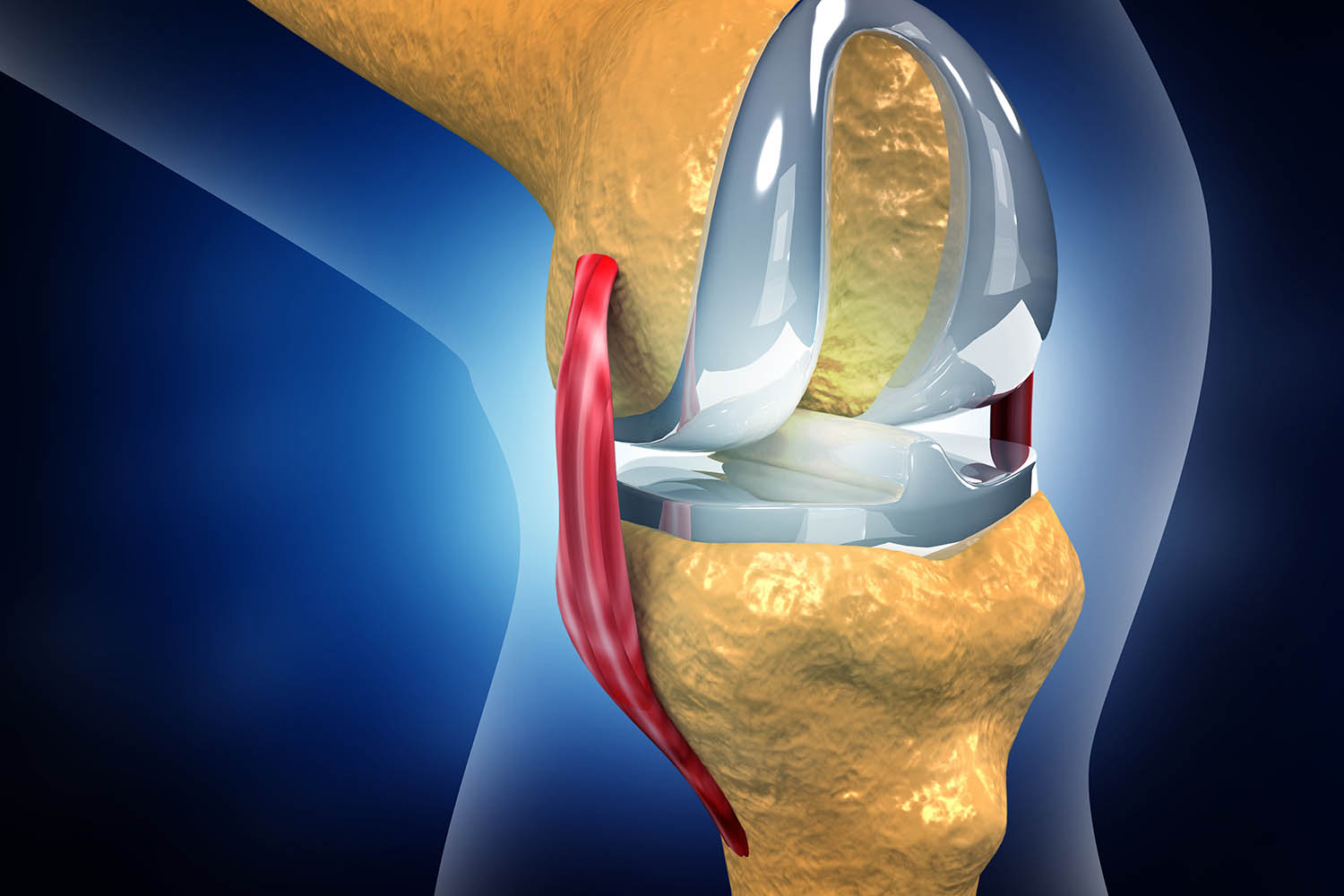How Knee Replacement Surgery Can Improve Your Quality of Life
Knee replacement surgery, also known as knee arthroplasty, is a life-changing procedure designed to relieve pain, improve function, and restore mobility for individuals suffering from severe knee arthritis or other knee joint issues. If you’ve been struggling with chronic knee pain that hampers your daily activities, Knee replacement surgery might be the solution you’ve been waiting for.
What is Knee Replacement Surgery?
Knee replacement surgery is a procedure in which an impaired or deteriorated knee joint is exchanged with an artificial joint called a prosthesis. The purpose of the operation is to stop pain and enhance knee function, making it possible for the patient to return to everyday activities such as walking, climbing, and exercising.

These three bones that combine to make the knee joint include the femur, or the thigh bone, the tibia, or shin bone, and the patella, or the kneecap. With passage of time, due to factors such as osteoarthritis, rheumatoid arthritis, or trauma, the cartilaginous layer over the bone can wear out, leading to pain, swelling, and stiffness in the movements of the joints. If a nonsurgical course of action such as medication, physiotherapy, or injection fails to result in relief, then knee replacement surgery is possibly the best solution.
Types of Knee Replacement Surgery
There are a number of different knee replacement surgeries, depending on how severe the condition is and the individual patient's needs:
Total Knee Replacement (TKR):
This is the most typical knee replacement surgery, whereby the whole knee joint is replaced with an artificial one. The infected ends of the femur and tibia are cut out, and the artificial parts are cemented into position.
Partial Knee Replacement (PKR):
Partial knee replacement is possible in situations where a single compartment of the knee is involved. The diseased portion of the knee joint alone is replaced, which may result in faster recovery and less postoperative discomfort compared to total knee replacement.
Minimally Invasive Knee Replacement:
They're done with less damage to the tissues, less blood loss, and less chance of infection. It's not suitable for everyone, but it can be an option for some patients who have certain conditions.
Robotic-Assisted Knee Replacement:
Robotic knee replacement is gaining more and more popularity. Robotic surgery can provide more accuracy in inserting the prosthetic parts, which may result in a more natural-kneeling knee and a shorter recovery period.
When Is Knee Replacement Surgery Recommended?
Knee replacement surgery is typically recommended when other treatments fail to improve the symptoms. The following conditions may require knee replacement:
Osteoarthritis: Most frequent reason for knee replacement, where the cartilage in the knee joint gradually deteriorates, leading to bone-on-bone contact.
Rheumatoid Arthritis: Autoimmune disease that leads to inflammation and erosion of the knee joint.
Post-Traumatic Arthritis: Injury or fracture to the knee joint.
Severe Knee Deformity: Bowing or knock-knees.
Warning signs that suggest you might need knee replacement surgery are:
Chronic knee pain that persists even at rest or on medication.
Walking, stair climbing, or performing activities of daily living are difficult.
Swelling and stiffness that fails to resolve with rest or physical therapy.
Instability or sense of weakness in the knee.
The Knee Replacement Surgery Process
The knee replacement surgery usually takes 1-2 hours and is carried out with spinal anesthesia or general anesthesia, as the surgeon likes. During surgery:
The knee is incised by the doctor to expose the joint.
Infected cartilage and bone are excised from the femur, tibia, and at times from the patella.
Prosthetic parts, being usually metallic, plastic, or ceramic, are implanted and immobilized.
Incision is sutured and the knee is bandaged.
Post-surgery, patients are brought to a recovery room where they are kept under observation as anesthesia starts taking effect. Pain relief is part of the recovery phase, and drugs are administered for controlling pain.
Recovery from Knee Replacement Surgery
Recovery from knee replacement surgery differs in individuals, yet most patients should expect the below timeline:
First Recovery (1-2 weeks):
Hospitalization for 1-2 days after surgery is usually required. Early physical therapy after surgery allows improved mobility, strength, and flexibility. Patients encourage walking with a walker or crutches.
Intermediate Recovery (3-6 weeks):
At this point, patients are able to do more activities, like driving or walking more, but still may need help with activities of daily living. Physical therapy continues to restore the full range of motion of the knee.
Why Adam Vital Hospital for Knee Replacement Surgery?
We at Adam Vital Hospital are dedicated to delivering quality, patient-focused care to patients undergoing knee replacement surgery. Our skilled orthopedic surgeons are highly trained in the most advanced knee replacement procedures, such as robotic-assisted surgery, which is more accurate and enables quicker recovery.
We offer one-on-one care along the way—pre-surgery consultations through post-surgery rehab. Our high-tech facilities and caring medical staff ensure that you receive the best possible care.
Conclusion
Don't wait if you are a candidate for Knee replacement surgery. Call Adam Vital Hospital today to arrange a consultation and begin on the path to an active, pain-free lifestyle.
Adam Vital Hospital can assist you in regaining your mobility and living without the burden of knee pain. Call us today to find out more about knee replacement and our full-range rehabilitation program.
Comments
Post a Comment